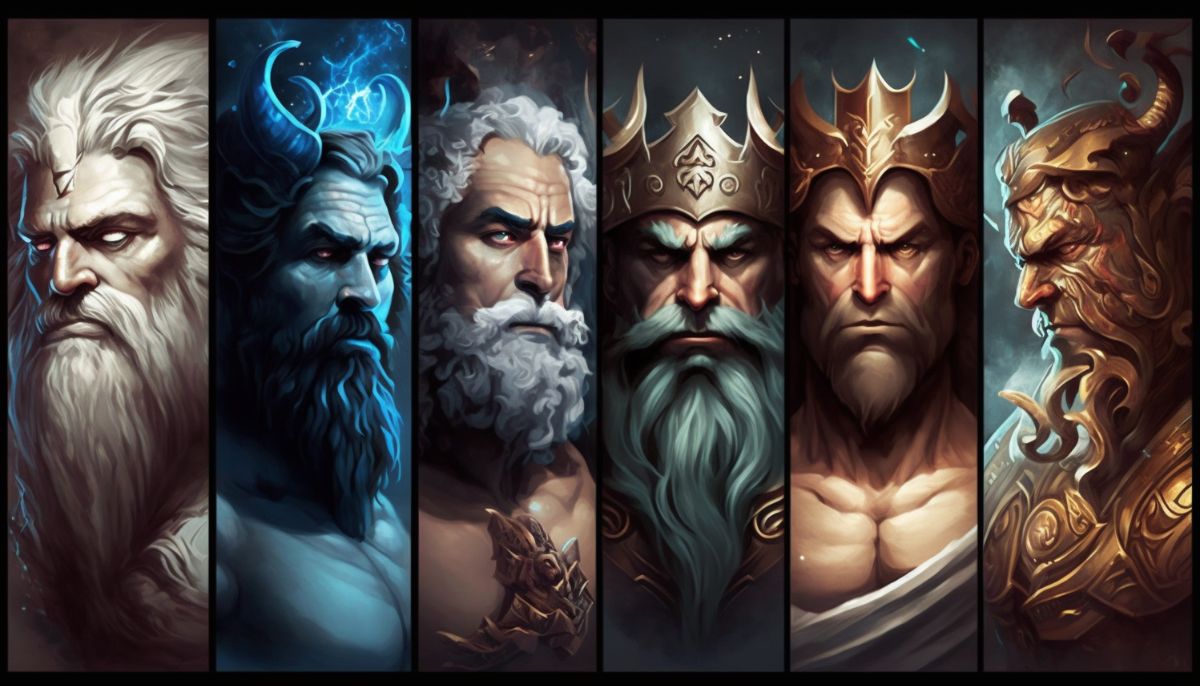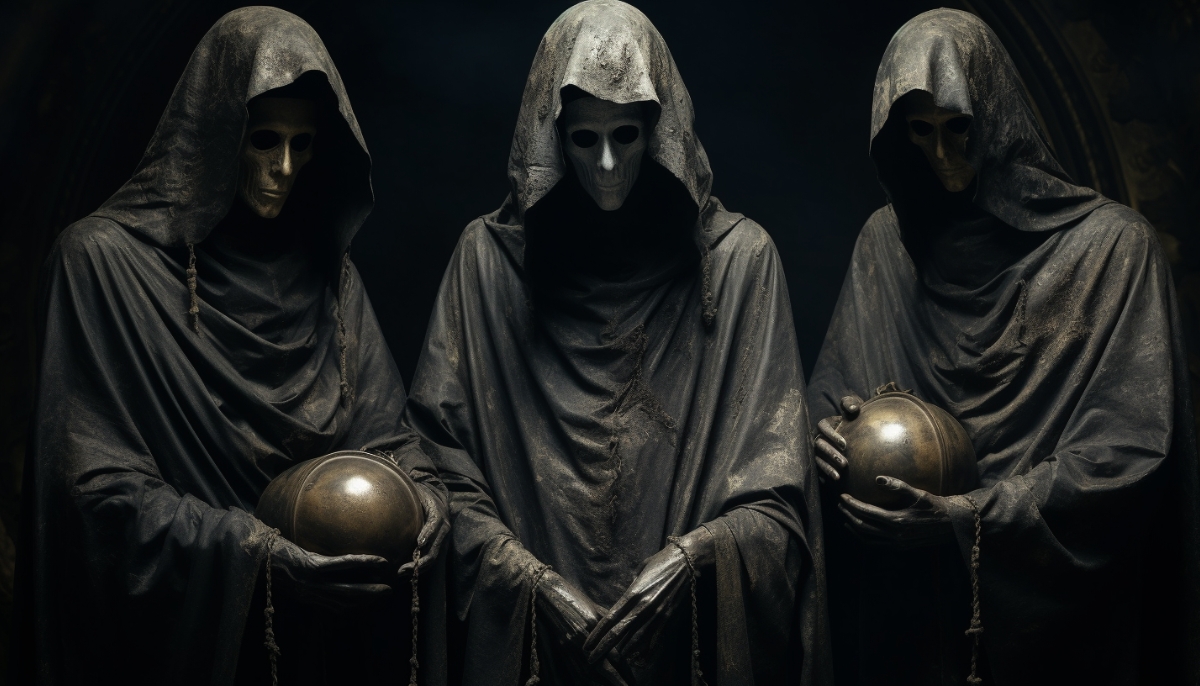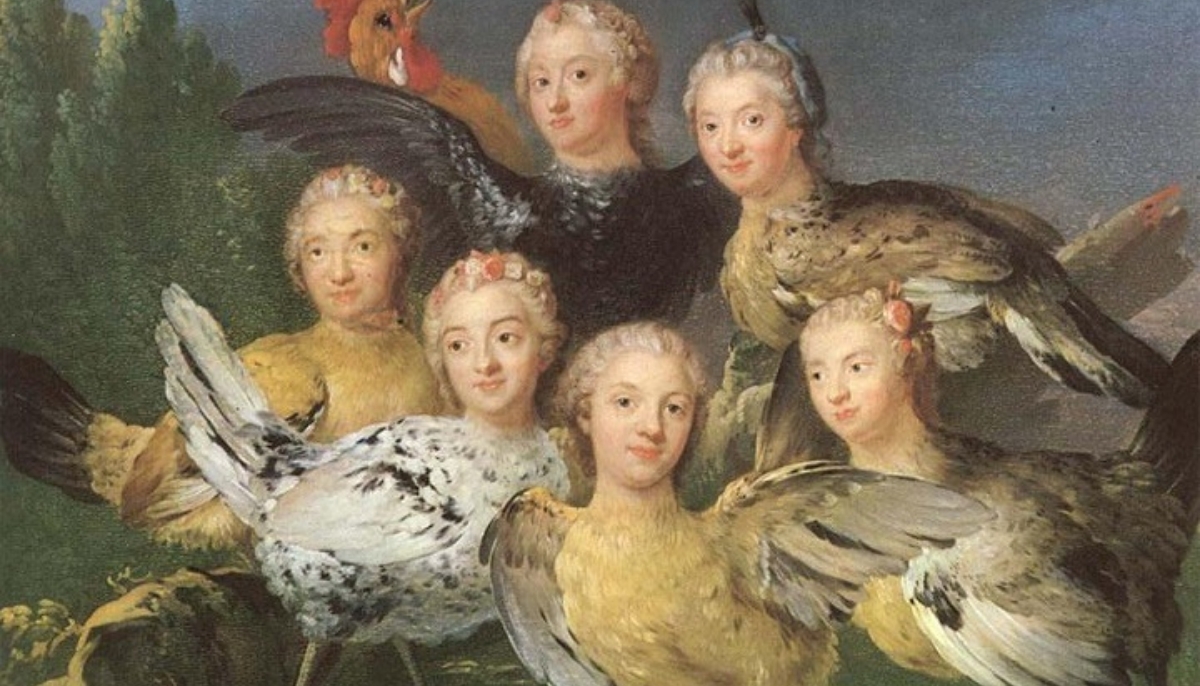Have you ever been curious about the gods and goddesses of ancient Greek and Roman mythology? Look no further! In this article, we’ve compiled a handy table featuring the major deities along with their associated domains.
Additionally, we answer some common questions about these legendary figures and provide links for further reading.
So, whether you’re a mythology buff or just starting to explore this fascinating subject, read on to discover the diverse and complex world of Greek and Roman gods and goddesses.
Major Greek and Roman Gods and Goddesses
Greek and Roman mythology is a fascinating subject that has captured the imagination of people for centuries.
The stories of the gods and goddesses from these ancient civilizations are entertaining and offer insight into the beliefs, values, and culture of the people who worshipped them.
Here is a table of some of the major Greek and Roman gods and goddesses, along with their associated domains:
| Greek Name | Roman Name | Domain(s) |
|---|---|---|
| Zeus | Jupiter | Queen of the gods, marriage, and childbirth |
| Hera | Juno | Queen of the gods, marriage and childbirth |
| Poseidon | Neptune | Sea, earthquakes, and horses |
| Demeter | Ceres | Agriculture, harvest, and fertility |
| Athena | Minerva | Wisdom, warfare, and crafts |
| Apollo | Apollo | Sun, prophecy, music, poetry, and healing |
| Artemis | Diana | Hunting, wilderness, and childbirth |
| Ares | Mars | War and violence |
| Aprodite | Venus | Love, beauty, and sexuality |
| Hermes | Mercury | Messenger of the gods, commerce, and thieves |
| Dionysus | Bacchus | Wine, parties, and ecstasy |
| Hestia | Vesta | Hearth, home, and family |
| Helios | Sol | Sun and light |
| Hephaestus | Vulcan | Fire, blacksmiths, and craftsmen |
| Hades | Pluto | Underworld and death |
| Persephone | Proserpina | Underworld and spring |
| Eros | Cupid | Love and desire |
| Morpheus | Somnus | Dreams and sleep |
| Nik | Victoria | Victory and success |
| Pan | Faunus | Nature, shepherds, and fertility |
| Selene | Luna | Moon and night |
| Tyche | Fortuna | Fortune, luck, and fate |
| Erebus | N/A | Darkness and shadow |
| Iris | N/A | Rainbow and messenger of the gods |
Lesser known or local Greek and Roman gods
Greek and Roman mythology is rich with stories of gods and goddesses who were revered and worshipped by ancient civilizations.
While many of these deities are well-known, there are also numerous lesser-known gods and goddesses who were worshipped in more localized settings
| Greek Name | Roman Name | Domain(s) |
|---|---|---|
| Adonis | N/A | Beauty, desire, and rebirth |
| Amphitrite | Salacia | Sea, wife of Poseidon |
| Asclepius | Aesculapius | Healing and medicine |
| Calliope | N/A | Epic poetry and writing |
| Castor and Pollux | N/A | The Fates, destiny, and life |
| Charon | N/A | Ferryman of the dead |
| Chronos | Saturn | Time, agriculture, and fertility |
| Circe | N/A | Sorcery and transformation |
| Clotho, Lachesis, and Atropos | N/A | The Fates, destiny and life |
| Cronus | N/A | Time, agriculture, and fertility |
| Echidna | N/A | Monster with the body of a serpent and the head of a woman |
| Eileithyia | N/A | Childbirth and midwifery |
| Eris | Discordia | Chaos and strife |
| Gaea | Terra | Earth and nature |
| Harpies | N/A | Winged creatures with the face of a woman and the body of a bird |
| Hecate | Trivia | Magic, witchcraft, and ghosts |
| Hypnos | Somnus | Sleep and dreams |
| Icarus | N/A | Hubris and flight |
| Janus | N/A | Gates, beginnings, and endings |
| Medusa | N/A | Monster with snakes for hair |
| Muses | N/A | Nine goddesses of the arts, science, and inspiration |
| Nemesis | N/A | Retribution and justice |
| Nyx | Nox | Night and darkness |
| Oceanus | Oceanus | Ocean and the world’s rivers |
Why do Roman and Greek Gods have different names?
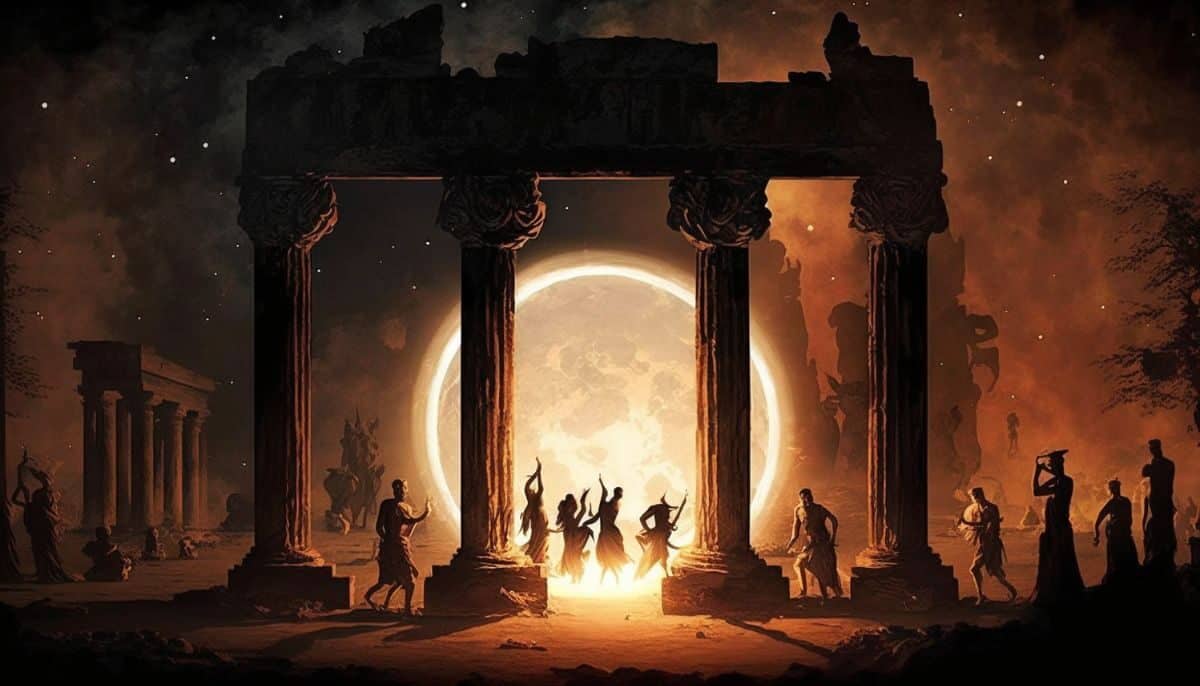
While many of the gods and goddesses from Greek and Roman mythology share similar characteristics and domains, they often have different names in each culture.
This is because the Romans adopted many of the gods and goddesses from the Greeks but gave them their own names and attributes.
One reason for this is that the Romans had their own gods and goddesses before contact with the Greeks, so they integrated these deities into their own pantheon. Additionally, the Romans often adapted the Greek gods and goddesses to better fit their culture and beliefs.
Why did the Romans adopt Greek gods?
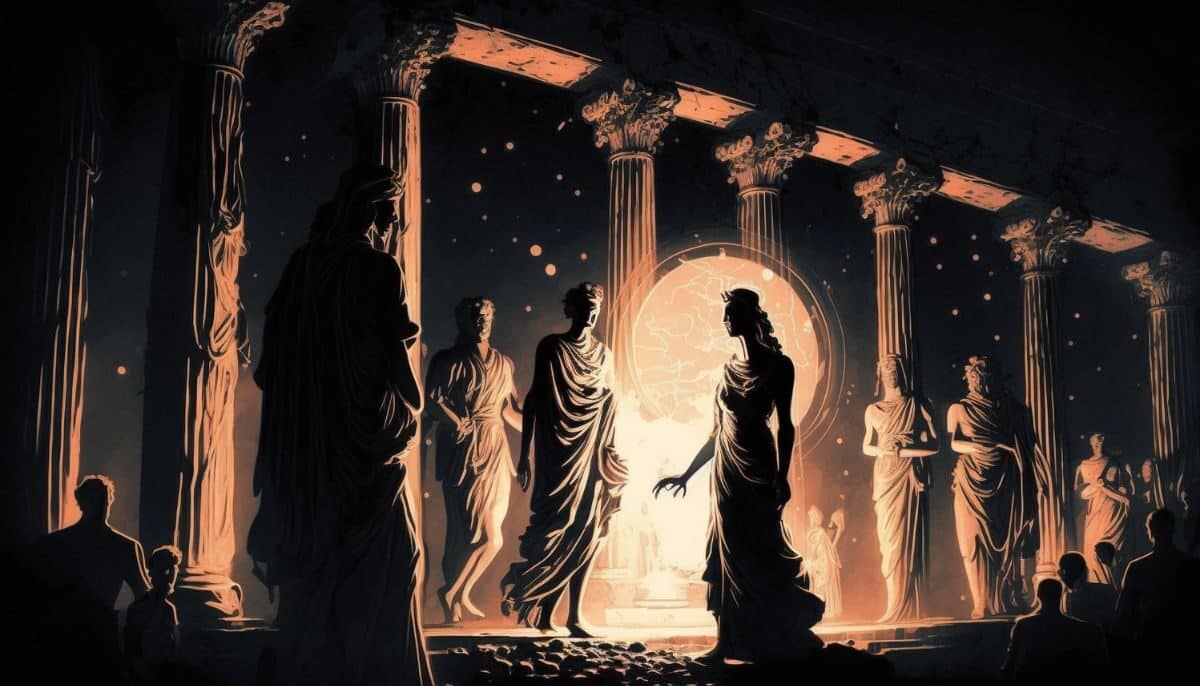
The Romans were heavily influenced by Greek culture, including their mythology. As the Roman Empire expanded and came into contact with Greece, they began to adopt many aspects of Greek culture, including their religion and gods.
One reason for this adoption was the similarity between Greek and Roman gods and their domains. Many of the Greek gods and goddesses were associated with aspects of nature, such as the sky, earth, and sea, which were also important to the Romans.
By adopting these gods, the Romans could incorporate them into their own pantheon and maintain a sense of continuity with their past beliefs.
Additionally, the Romans recognized the cultural and intellectual achievements of the Greeks, including their mythology. By adopting these gods, the Romans aligned themselves with the Greek cultural legacy and positioned themselves as inheritors of Greek civilization.
Finally, adopting Greek gods also had political benefits for the Romans. By adopting the gods of conquered territories, the Romans could placate the local populations and incorporate them into their own culture and society.
In the end, the adoption of Greek gods by the Romans played a significant role in the development of Roman mythology and culture.
While the gods may have been given different names and attributes, they continued to hold a prominent place in the mythology and religion of the Roman Empire.
Further reading about Greek and Roman Religion and Mythology
- Fascinating Greco-Roman Mystery cults
- Sol Invictus, the legendary sun god of Rome
- Who were the Vestal Virgins of Rome?
- Why was Alexander the Great fascinated with Zeus?
- Did Zeus ever die in Greek Mythology?
- Did Hades have children with Persephone?
- Why did Athena curse Medusa?
- The difference between mermaids and sirens and their roots in Greek Mythology
